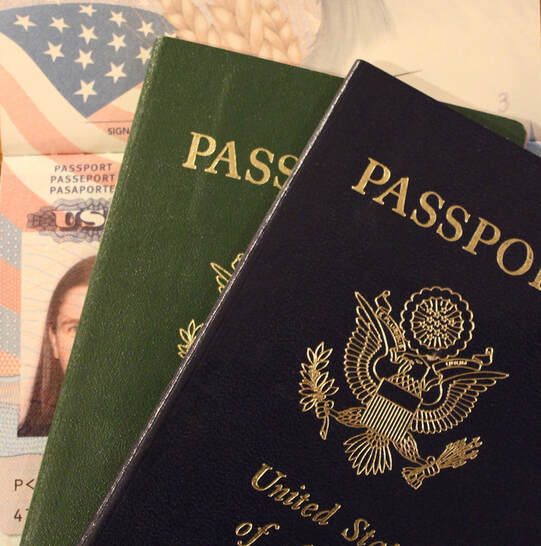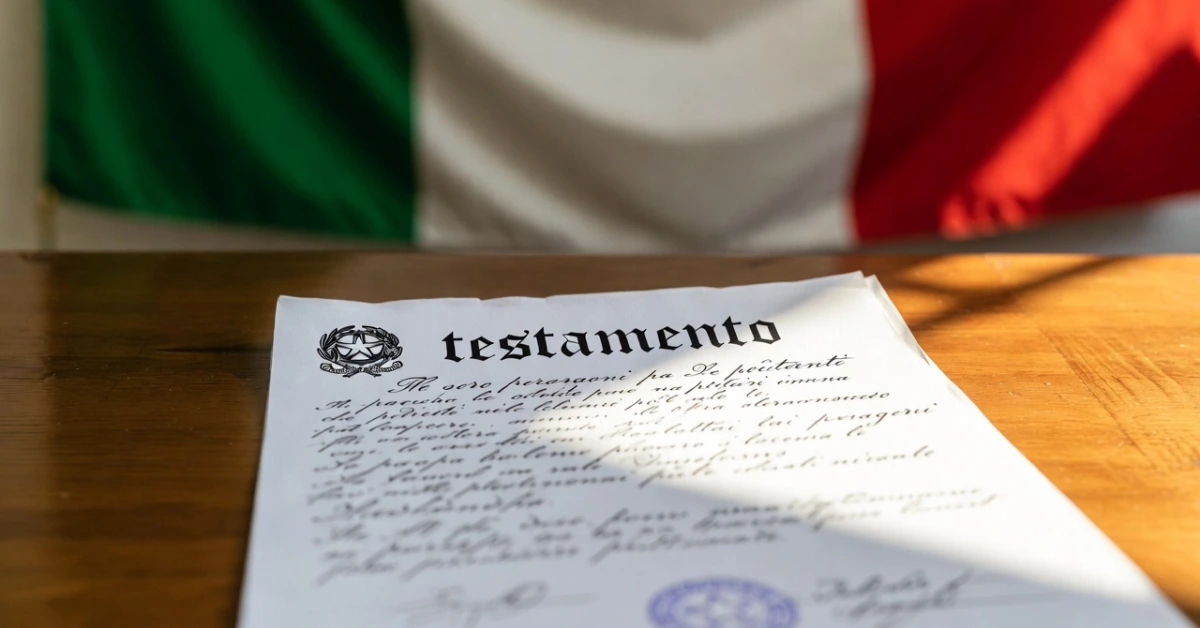Table of Contents
ToggleDual Citizenship USA Italy: everything you need to know
How to get italian citizenship by descent?
- You’re descended from someone who was alive in Italy after 17 March 1861;
- He/She didn’t naturalize in another country before 14 June 1912;
- He/She didn’t naturalize before the birth of descendant interested in Italian citizenship;
- If the Italian ancestor is a woman born before 1 January 1948, citizenship can only be claimed from her father’s line;
- If someone in the family renounced their Italian citizenship, you won’t be eligible.
What is the process?
By way of example, let’s say you discover that your great-grandfather meets all of these requirements. You’ll just have to collect the documents, with a couple more steps, to apply. There are even special agencies that will collect everything for you
Each of these documents will need to be translated into Italian and then taken to the Department of State to receive an Apostille which is the official seal of your particular state that verifies the document’s validity.
All of this will need to be done before the process of applying can begin, but it is also the bulk of the citizenship application. If you have all of the paperwork in order, most of the time will be spent waiting to hear about its status.
It’s a lengthy process that can take anywhere from 1 to 3 years. At the end, with a lot of preparation and a bit of luck you can end up with Italian dual citizenship, an Italian passport, and the ability to reside in Italy.

How much does it cost?
The application fee alone runs about $340 and is non-refundable even if the application is declined, so it’s best to be absolutely sure that you have everything in order before you submit.
Birth, marriage and death certificates run between $25-50 each, depending on your state. An Apostille is $25 per document. The most expensive part of the process of applying is having everything translated into Italian, which can be in the neighborhood of $60-100 for each document, sometimes even more. It is possible to translate them yourself if you happen to be fluent, but the consulate generally asks them to be professionally completed.
Are there any benefits to having dual citizenship?
Education and healthcare are also huge benefits. Italy’s universities are much more affordable than American ones (think $1,000 per year maximum for a public university) and its universal healthcare system covers all residents with little or no cost for services.
If you meet the requirements and are willing to put in the time you can have access to the best of both worlds.Do you want to learn more? Check out our video about double tax treaty.



